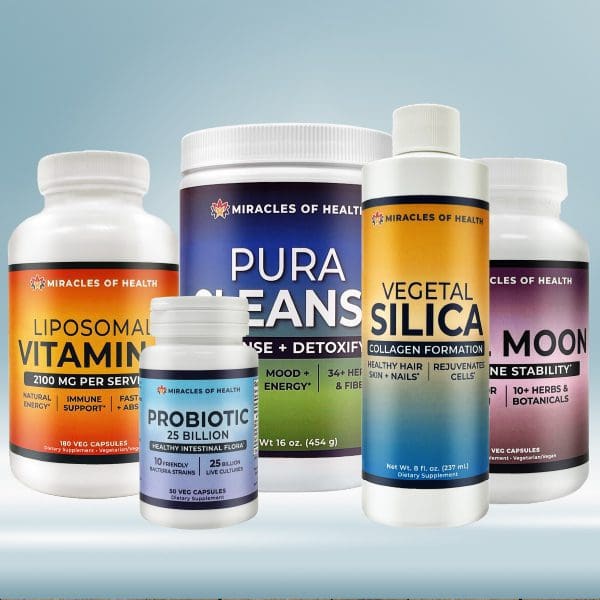Public health guidelines from the US Food and Drug Administration (FDA) advise Americans to eat between 20 and 30 grams of fiber a day, but most adults don’t even eat half that much.
Unless you regularly eat whole fruits and vegetables, nuts, and seeds, you may be missing out on the healthiest forms of fiber available – and that could be a problem. That said, in spite of their fiber content, bulking up your diet with bran muffins and cereal is typically a big mistake, which I’ll explain shortly.
Why Is Fiber So Important?
It is actually because your body can’t digest fiber that it plays such an important part in digestion. Soluble fiber, like that found in cucumbers, blueberries, beans, and nuts, dissolves into a gel-like texture, helping to slow down your digestion. This helps you to feel full longer and is one reason why fiber may help with weight control.
Insoluble fiber, found in foods like dark green leafy vegetables, green beans, celery, and carrots, does not dissolve at all and helps add bulk to your stool. This helps food to move through your digestive tract more quickly for healthy elimination. Many whole foods, especially fruits and vegetables, naturally contain both soluble and insoluble fiber.
9 Health Benefits of Fiber
There’s no shortage of research showing how fiber may boost your health. Some of its top potential benefits include:
Blood sugar control: Soluble fiber may help to slow your body’s breakdown of carbohydrates and the absorption of sugar, helping with blood sugar control.
Heart health: An inverse association has been found between fiber intake and heart attack. Rresearch shows that those eating a high-fiber diet have a 40 percent lower risk of heart disease.
Stroke: Researchers have found that for every seven-grams more fiber you consume on a daily basis, your stroke risk is decreased by 7 percent.
Weight loss and management: Fiber supplements have been shown to enhance weight loss among obese people, likely because fiber increases feelings of fullness.
Skin health: Fiber, particularly psyllium husk, may help move yeast and fungus out of your body, preventing them from being excreted through your skin where they could trigger acne or rashes.
Diverticulitis: Dietary fiber (especially insoluble) may reduce your risk of diverticulitis – an inflammation of polyps in your intestine – by 40 percent.
Hemorrhoids: A high-fiber diet may lower your risk of hemorrhoids.
Irritable bowel syndrome (IBS): Fiber may provide some relief from IBS.
Gallstones and kidney stones: A high-fiber diet may reduce the risk of gallstones and kidney stones, likely because of its ability to help regulate blood sugar.














